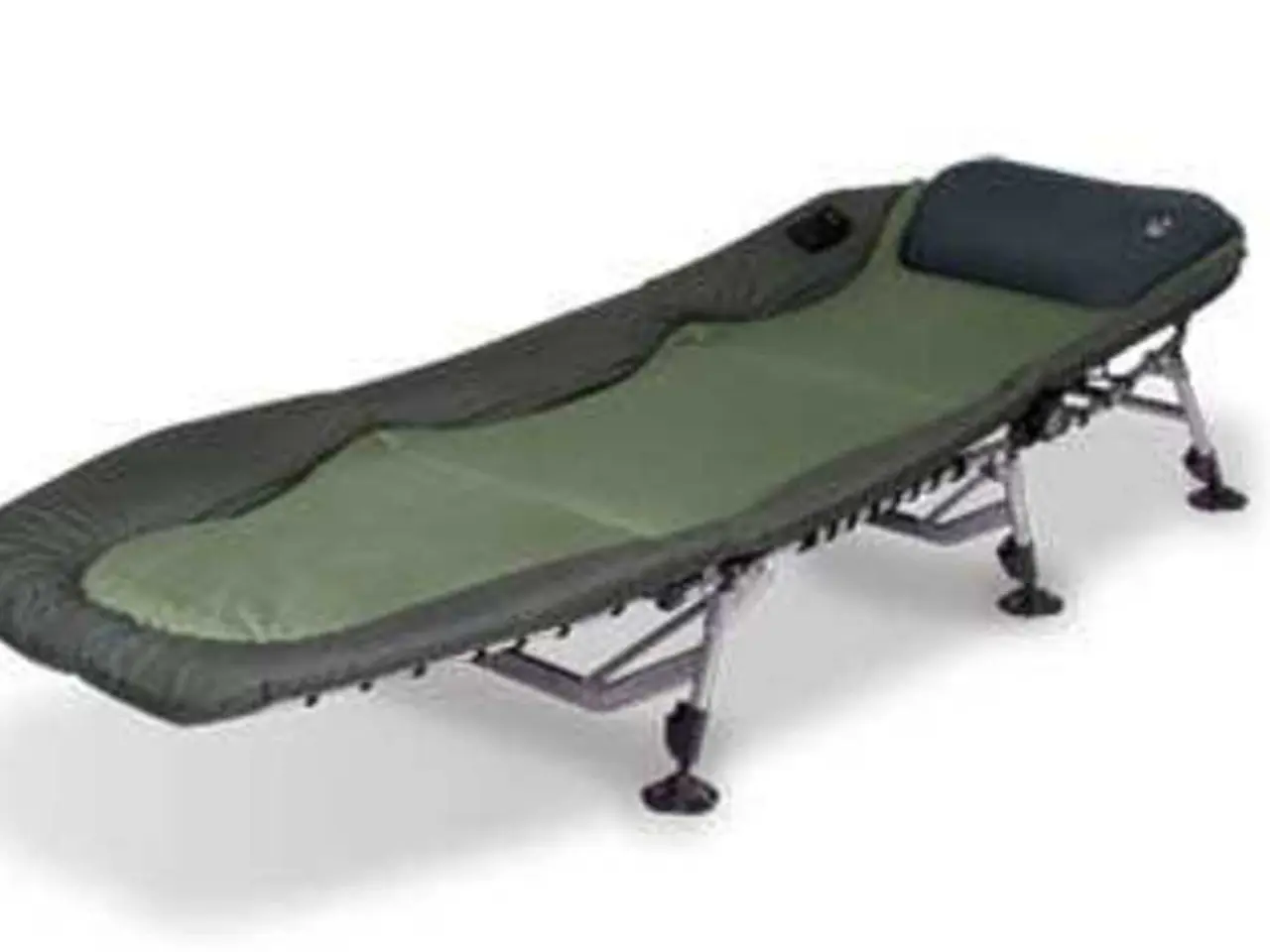Knee Replacement Recovery: An Overview of the Process and Expectations
In the journey of recovering from total knee replacement surgery, there are several key factors to consider for a successful and speedy recovery.
Firstly, certain exercises are beneficial and safe at this stage. These include physical therapy exercises, walking, riding a stationary bike, and swimming. As recovery progresses, more advanced activities like stair climbing and descending, standing knee bends, and exercising on a stationary bike can be introduced. However, it's essential to follow a doctor's advice and progress gradually.
Mental health also plays a significant role in the recovery process. Depression, anxiety, and negative thoughts and beliefs surrounding pain can impact recovery. It's crucial to address these issues with a healthcare professional to ensure a smooth recovery.
Nutrition plays a vital role in the healing process. A recommended diet for total knee replacement surgery recovery emphasizes adequate protein intake (about 1.2 to 2.0 grams per kilogram body weight per day) to support muscle repair, immune function, and wound healing. Consuming collagen or collagen-rich foods may also aid connective tissue repair. A diet rich in healthy fats, essential vitamins (especially vitamin D), minerals like calcium and iron, antioxidants, carbohydrates, and fiber is important to support healing, reduce inflammation, maintain energy levels, and prevent complications such as constipation. Staying well-hydrated and following consistent meal patterns further facilitates recovery.
Key nutritional components include protein, collagen, vitamins and minerals, antioxidants, carbohydrates, fiber, and hydration. Protein is crucial for tissue repair and muscle strength recovery, while collagen supports cartilage, tendons, and ligaments repair. Vitamins and minerals like vitamin D, calcium, and iron are essential for bone health and blood cell replenishment. Antioxidants help protect and repair tissues, while carbohydrates provide energy needed during healing. Fiber prevents postoperative constipation, a common issue, and hydration is vital for recovery and to prevent complications.
To optimize recovery, it's beneficial to plan meals ahead, read nutrition labels, and have easily digestible, nutrient-dense foods available. Consulting with a healthcare professional or dietitian is advised for a personalized nutrition plan aligned with individual needs and medical conditions.
It's important to remember that falling during the healing process can lead to complications. Fall prevention is crucial, and refusing assistance with certain activities or not using an assistive device can increase the risk of a fall.
Following a doctor's care plan is crucial for recovery after knee replacement surgery. Activities that can hinder healing include driving before receiving clearance, smoking, not following physical therapy exercises, staying in bed without getting up at least once per hour, and harsh knee movements.
Early physical therapy exercises include short periods of walking with an assistive device and stretches the person can do from bed. By week 7-11, the knee joint becomes less stiff and painful, swelling subsides, and physical therapy exercises may become more advanced. By week 12, people can typically return to work and resume usual daily activities, with an increased range of motion and less pain.
However, it's important to stay active while avoiding high impact activities like running, squatting exercises, or jump roping without speaking with a doctor first. Doctors may still recommend avoiding air travel due to changes in air pressure and long periods of sitting. Some doctors may also recommend avoiding strenuous activities like running for 6 months or indefinitely.
Knee replacements can last more than 20 years if a person takes steps to limit strains on the artificial joint, such as maintaining a moderate weight. By following these guidelines, individuals can set themselves up for a successful and speedy recovery from total knee replacement surgery.
[1] "Total Knee Replacement: What to Expect." Mayo Clinic. https://www.mayoclinic.org/tests-procedures/total-knee-replacement/about/pac-20385302 [2] "Total Knee Replacement Recovery: What to Expect." Cleveland Clinic. https://my.clevelandclinic.org/health/treatments/14786-total-knee-replacement/about/hic-what-to-expect [3] "Nutrition After Total Knee Replacement." Johns Hopkins Medicine. https://www.hopkinsmedicine.org/health/treatment-tests-and-therapies/nutrition-after-total-knee-replacement [4] "Iron Deficiency Anemia: Symptoms, Causes, and Treatment." Mayo Clinic. https://www.mayoclinic.org/diseases-conditions/iron-deficiency-anemia/symptoms-causes/syc-20355414 [5] "Nutrition for Total Knee Replacement." OrthoInfo. https://orthoinfo.aaos.org/en/treatment/nutrition-for-total-knee-replacement/
- In addition to physical therapy, activities like walking, riding a stationary bike, and swimming can aid in recovery after a total knee replacement surgery, according to medical advice.
- Mental conditions such as depression and anxiety can impact the recovery process and should be addressed with a healthcare professional for a smooth recovery.
- Nutrition plays a vital role in the healing process, with an emphasis on a diet rich in protein, collagen, vitamins and minerals, antioxidants, carbohydrates, fiber, and hydration for tissue repair, energy, and preventing complications.
- Equipment and fitness-and-exercise therapies are essential components of the total knee replacement recovery plan, but precautions like fall prevention and avoiding high-impact activities should be considered.
- Workplace-wellness programs addressing fitness-and-exercise, mental-health, and nutrition may benefit those recovering from total knee replacement surgery, aligning with these key factors for recovering successfully and speedily.
- Chronic-diseases such as chronic-kidney-disease or respiratory-conditions may require specific nutritional considerations in the context of a total knee replacement recovery.
- Skin-care routines and therapies-and-treatments like lavender oil, aloe vera, or pain-relieving creams can support healing, alleviate discomfort, and improve the overall experience of the recovery process for some individuals.




